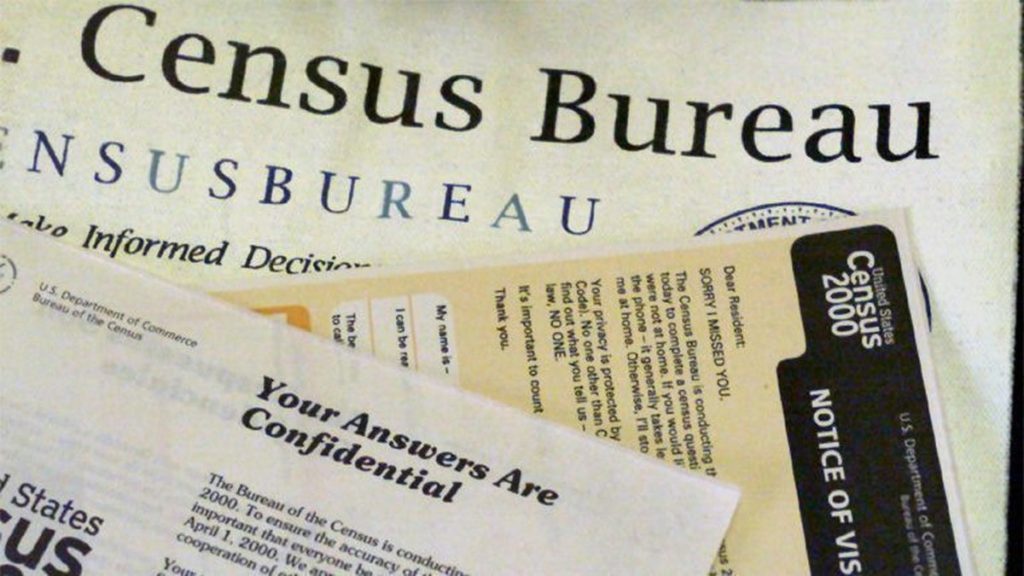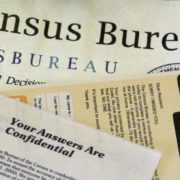
AMID the ongoing legal battle over whether or not the 2020 Census should ask about citizenship, civil rights and immigrant advocates this week discussed the question’s social and legal ramifications.
The Leadership Conference Education Fund and Ethnic Media Service held a teleconference on Wednesday, Jan. 30, which was joined by representatives from national organizations like Asian Americans Advancing Justice | AAJC and the National Association of Latino Elected and Appointed Officials (NALEO).
The Trump administration last year approved plans to include a controversial citizenship question on the upcoming census, despite recommendations from the United States Census Bureau which advised against including the question, as reported in the Asian Journal.
The question — “Is this person a citizen of the United States?” — was approved by Secretary of Commerce Wilbur Ross has sparked a discussion over the legality of inquiring about citizenship on a survey designed to count residents of the U.S.
Ross argued that it was “necessary” to include to question to enforce a part of the Voting Rights Act in which citizenship data is needed to combat voter fraud, which the administration contends as one of its key issues.
In response, opponents of the question’s inclusion accused the Trump administration of deterring undocumented residents from being a part of the decennial count.
Census experts and three legal and social justice organizations discussed the ramifications of the citizenship question as well as the pending legal battles associated with it.
“The census is one of the most urgent civil rights issues in this country today,” Beth Lync, census counts campaign director at the Leadership Conference Education Fund, said on the call on Wednesday. “We are calling on Congress to remove the citizenship question to ensure a fair and accurate count so that no one is left behind.”
Anti-immigrant rhetoric has permeated the country in the Trumpian era, and this question exacerbates that widespread hysteria and paranoia, the experts expressed on the call.
Fear of deportation or persecution is the reason why undocumented immigrants may hesitate to submit census surveys, which could drastically affect the overall count, John C. Yang, president and executive director of Asian Americans Advancing Justice, said.
As a result, this could sully critical demographic data needed to sustain the country’s power structures and institutions, including public assistance programs, schools, hospitals
“The 2020 Census is our only chance in a decade for a fair and accurate count of our communities,” Yang said. “Census data are used in countless ways to ensure that our families and communities have the resources and services the Census, and a citizenship question endangers an accurate count. We must protect the voices of all our immigrant communities because this is an America where everyone counts.”
Last month, a U.S. district court judge presiding over two lawsuits from Oct. 2018 against the Trump administration issued a ruling blocking the addition of the citizenship question to the next census count.
Shortly after, the Trump administration announced that it was planning to challenge that lower court ruling by asking for a review from the Supreme Court. Most recently, the Spanish-language media company Univision joined another lawsuit in Northern California against the Dept. of Commerce’s inclusion of the citizenship question.
“Every person residing in the United States deserves to and must be counted in the census. Dating back to this country’s founding, there has been no higher purpose to this endeavor than to simply count the number of people living in our nation, regardless of status,” said Jessica Herrera-Flanigan, executive vice president for government and corporate affairs at Univision, which was previously attached to one of the New York lawsuits last year. (Klarize Medenilla/AJPress)






